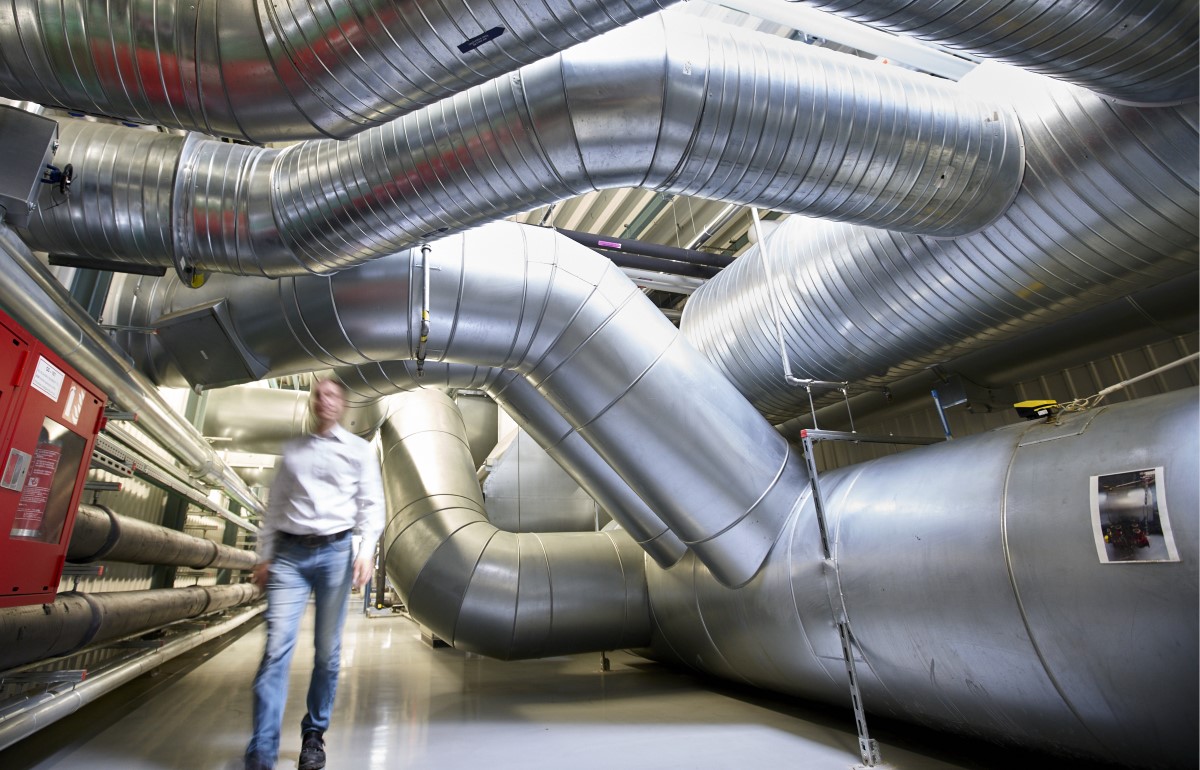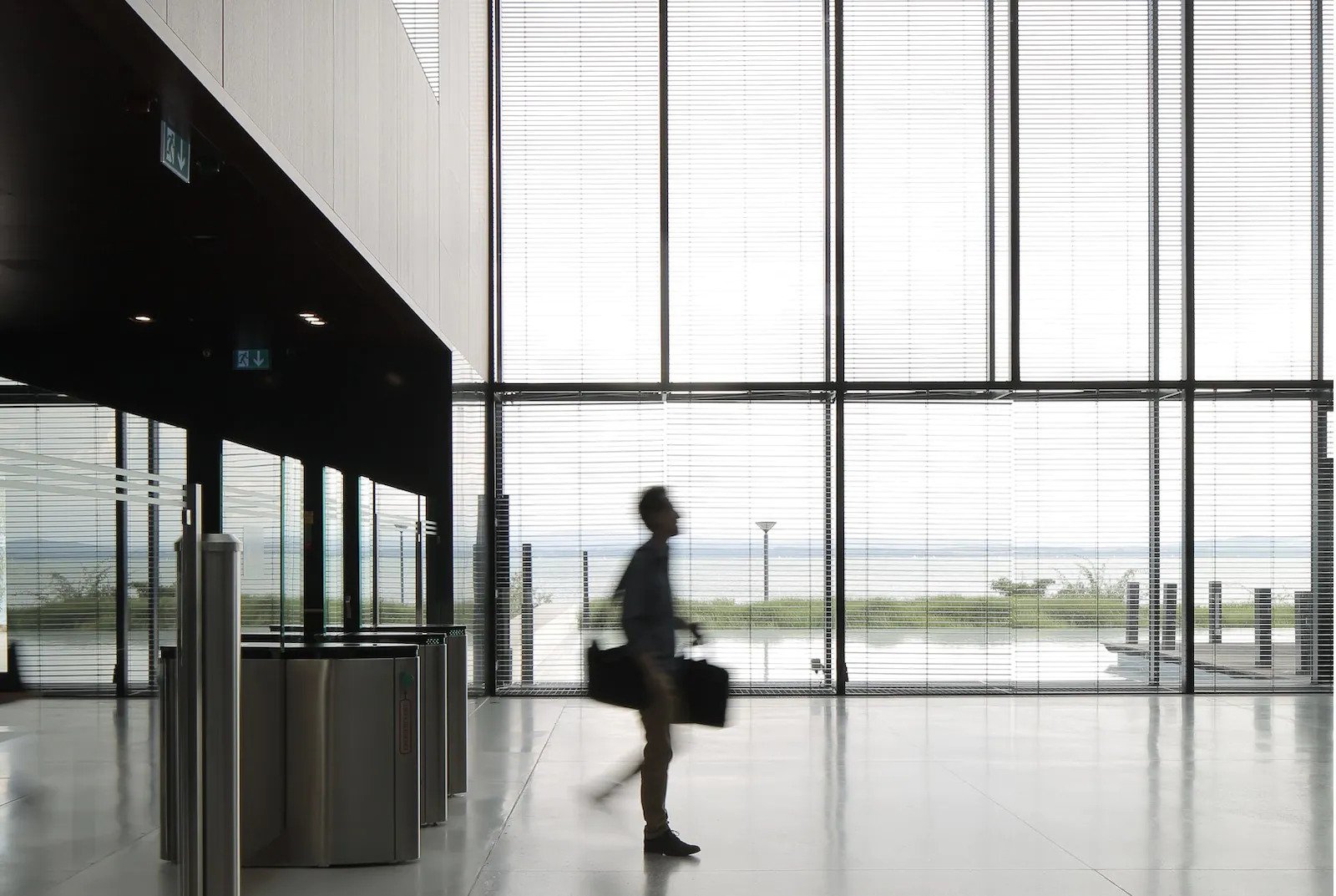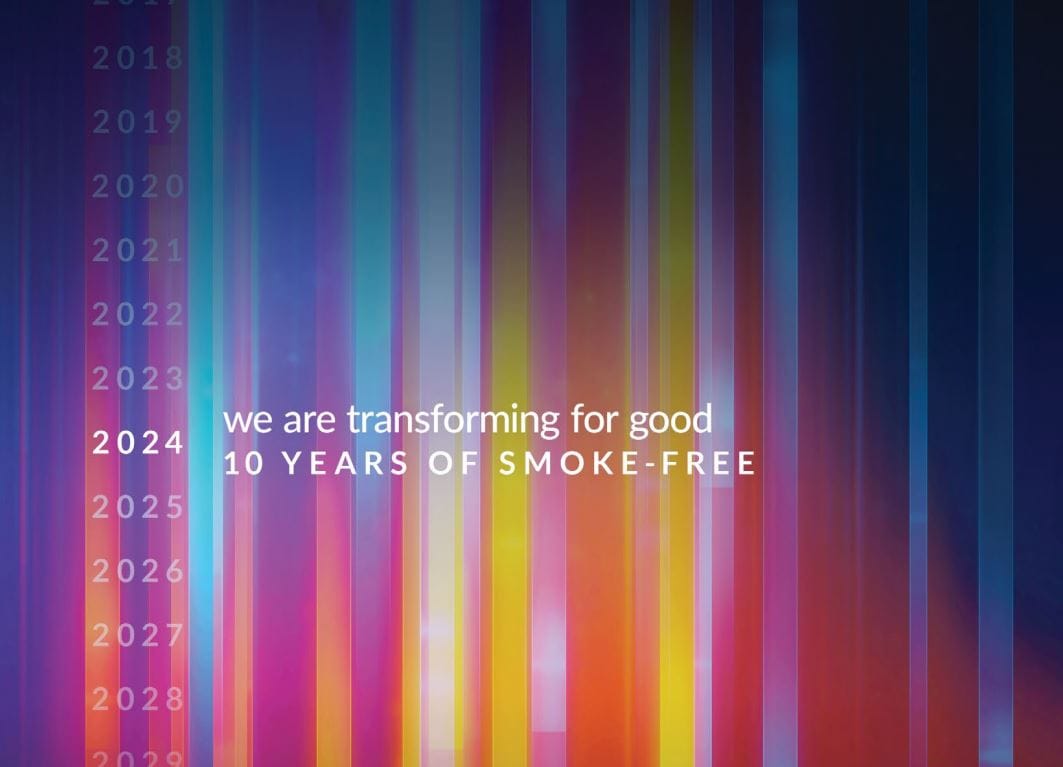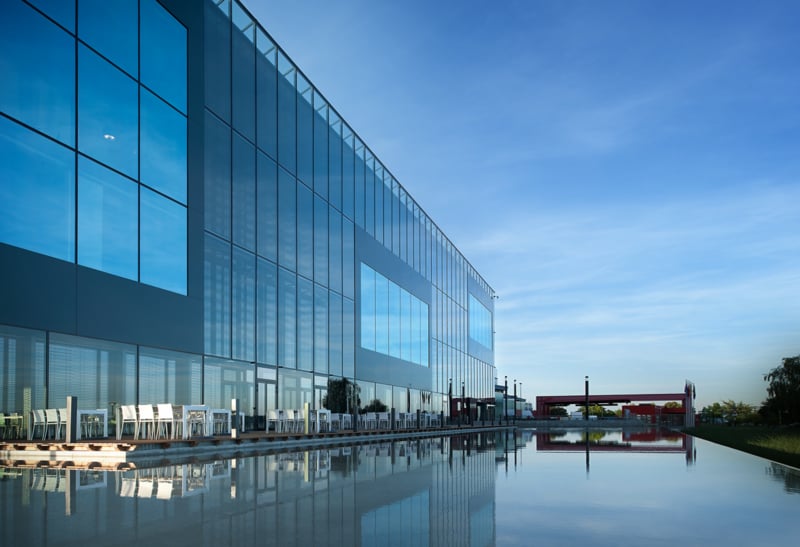As a business with a global footprint, Philip Morris International (PMI) is committed to playing a role in helping address the global climate crisis.
Climate change is one of the greatest threats facing the world. It impacts people’s livelihoods, as well as the environment, and urgent action is needed.
PMI recently published its Low-Carbon Transition Plan (LCTP) which showcases the company’s ambitious new sustainability targets—and sets out how PMI will operate in the future.
PMI’s carbon-neutral targets cover the company’s entire value chain, including:
- Upstream supply of tobacco and other materials
- Direct operations of production, packaging, and commercialization
- Downstream use and end-of-life of PMI products
With each fresh announcement of a carbon-neutral factory, the company moves a step closer to the realisation of its goal—to transition toward a climate-neutral economic model.
The individual carbon-neutral factory declarations can be found on our Sustainability resources page.
PMI’s carbon-neutral factories
Klaipeda, Lithuania
Over the past decade, PMI worked on optimizing the factory’s energy usage to reduce its carbon emissions. This included upgrading its utilities equipment—such as chillers and compressors—and facilitating heat recovery to optimize the fuel used to heat the buildings.
The factory also has a biomass boiler producing energy from renewable resources, and offsets its remaining carbon emissions from the burning of natural gas with biogas certificates that meet the highest standards.
Neuchâtel, Switzerland
PMI’s factory in Neuchâtel has begun using pyrolysis technology, which converts organic waste produced in the factory—including cartons, wood, and tobacco leaves—into green energy.
The factory utilizes its location beside Lake Neuchâtel by using cold lake water to cool the machinery and buildings. As a result of this process, the water is heated. Before it’s reintroduced into the lake, any excess heat is extracted from the water and used to heat the facility—eliminating the need for natural gas.
Tabaqueira, Portugal
Several robust, energy saving initiatives have been implemented at PMI’s Tabaqueira factory over the past 10 years, including replacing the factory’s steam boilers with more efficient models. This has led to a significant reduction in CO2 emissions.
A solar park, measuring 5,525 m2, was also installed at the factory to provide an alternative, and renewable, source of energy.
Zapopan, Mexico
Since 2018, Philip Morris Mexico (PMM) has invested around USD 12 million in technologies to achieve carbon neutrality. In 2020, the Zapopan factory underwent carbon emissions quantifications tests in accordance with standards from the Mexican Ministry of the Environment and Natural Resources.
Going forward, PMM is exploring opportunities to invest in CO2-capture technological solutions.
Kutna Hora, Czech Republic
PMI’s factory in Kutna Hora is an example of continuous improvement and operational efficiency. Multiple energy saving initiatives and technological upgrades have been implemented at the factory, including the installation of a heat-recovery system that allows the factory to drastically reduce emissions by taking wasted heat and reinserting it into the thermodynamic humidification process.




